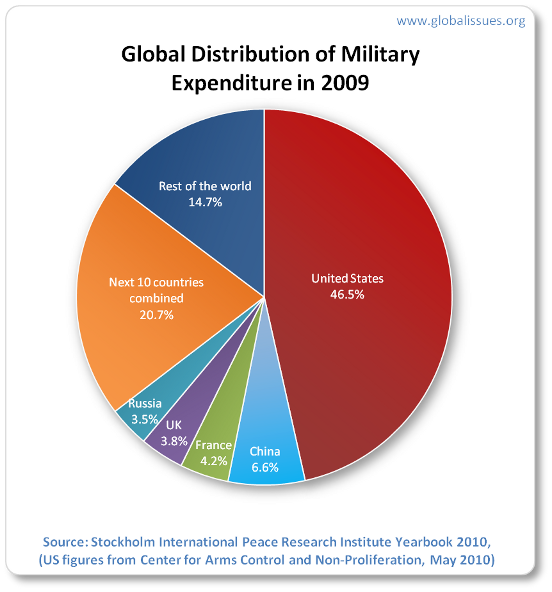 |
| Jonah Goldberg's debating partner. |
Some civil libertarians seem to think we can never, ever kill an American citizen without a trial by jury (and perhaps not even then). That would have been silly during the days of conventional warfare. Now it's plain crazy.
Perhaps "some" civil libertarians believe that, but it's not the position of the ACLU, which has brought the lawsuit challenging the government's plan. In its complaint (PDF) asking for an injunction, the organization acknowledges there are times when due process will be skipped:
Outside of armed conflict, both the Constitution and international law
prohibit targeted killing except as a last resort to protect against concrete, specific, and
imminent threats of death or serious physical injury. The summary use of force is lawful
in these narrow circumstances only because the imminence of the threat makes judicial
process infeasible.
In other words, you can kill your enemy on the battlefield, when he's also trying to kill you. Not even the ACLU is against that.
That's not what the government is doing. It is reserving to itself the right to kill an American citizen who -- for all we know -- might be sitting peacefully in a kitchen somewhere in Yemen, presumably able to be captured if he's spotted. And that's where, at the very least, the government wanders into gray area. The ACLU, noting that the "right to life" is fundamental for U.S. citizens under the Constitution, wants that area to be a little less gray.
The government’s refusal to disclose the standard by which it determines
to target U.S. citizens for death independently violates the Constitution: U.S. citizens
have a right to know what conduct may subject them to execution at the hands of their
own government. Due process requires, at a minimum, that citizens be put on notice of
what may cause them to be put to death by the state.
The weird thing is, that's not so different from Goldberg's own conclusion. "So, let's have Congress and the president come up with some clear, public rules," he writes. "Better to start the debate over an easy case than a hard one." Sure. So why knock people who share your position? Can there never be a cease-fire in the war against liberals?



.JPG)
.JPG)

